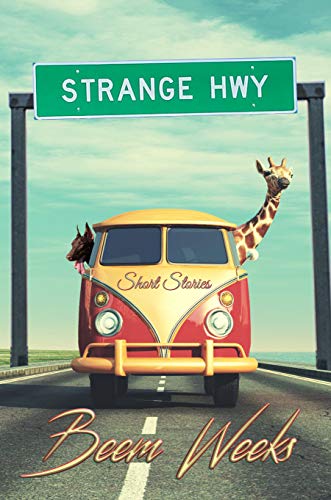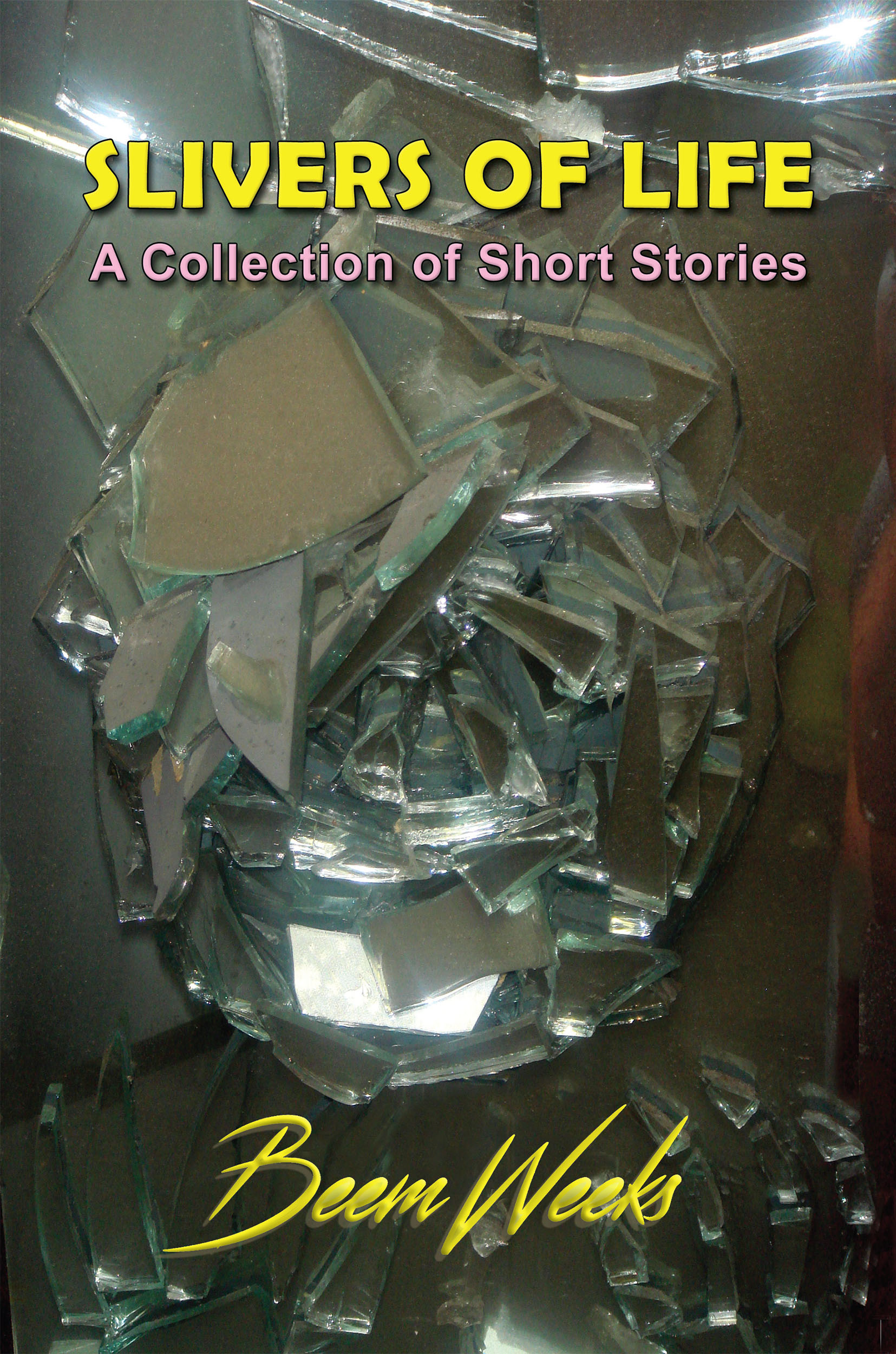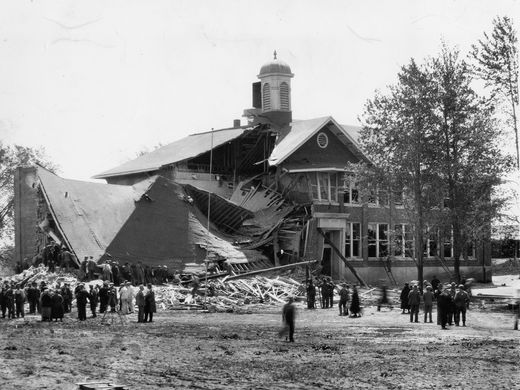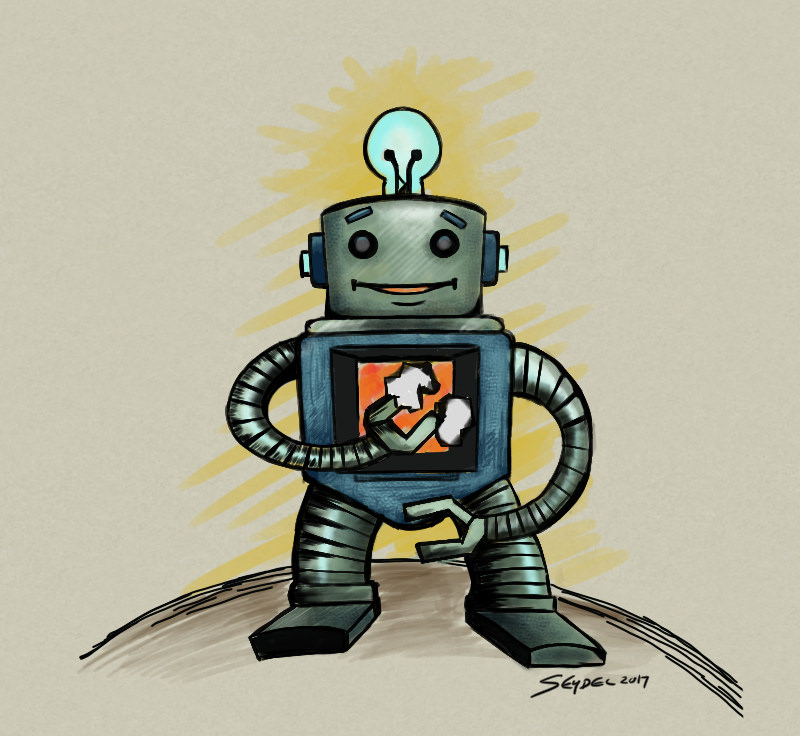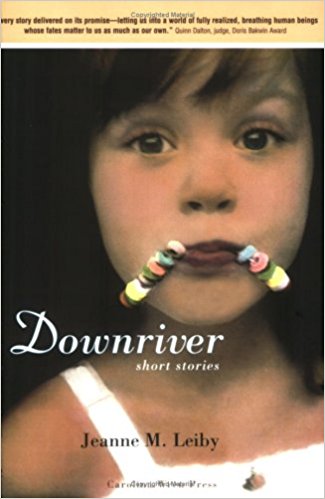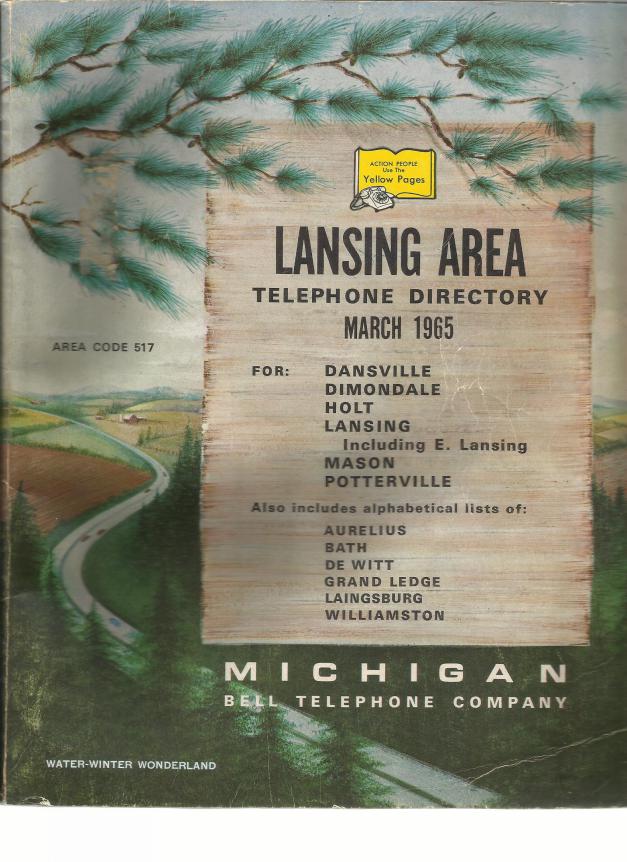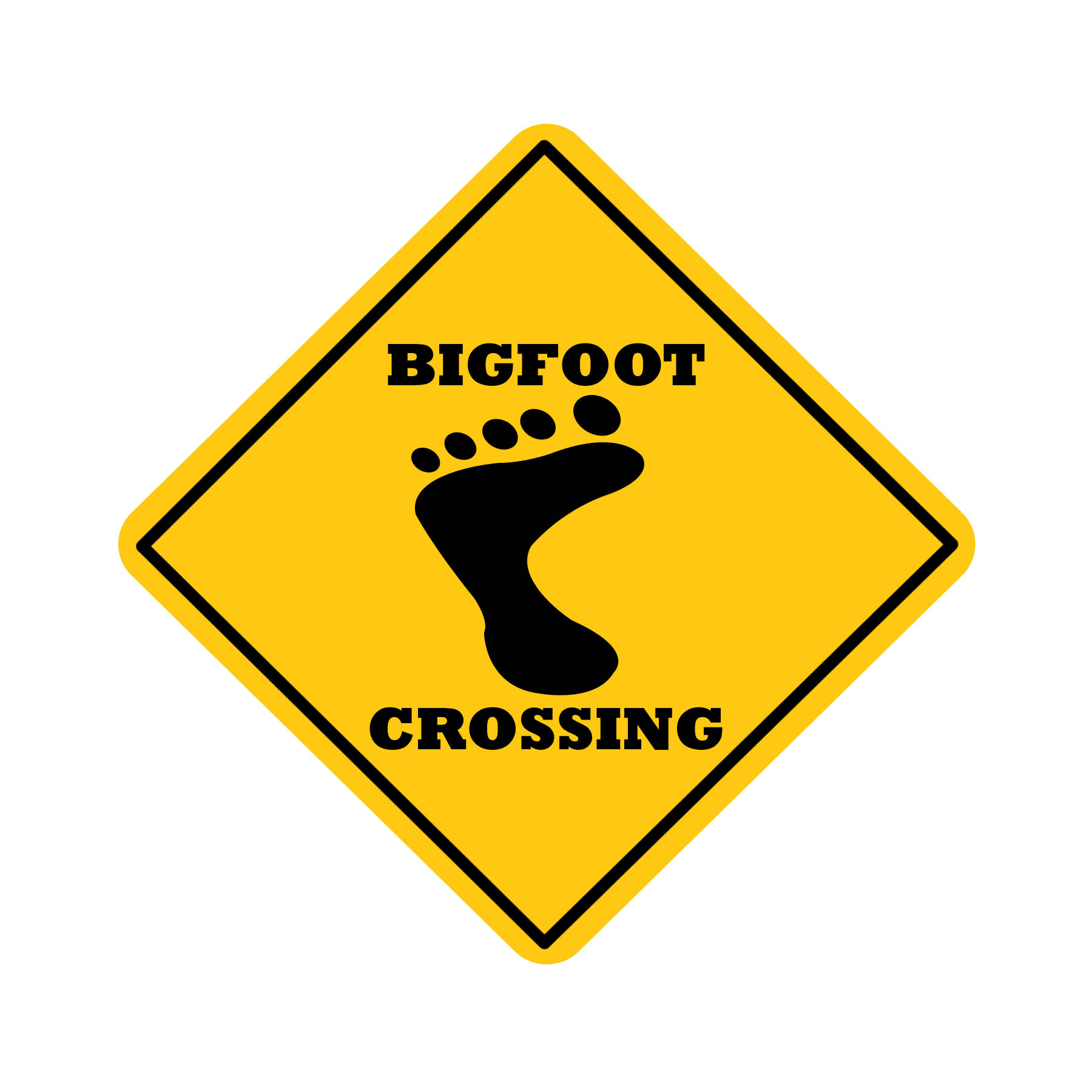Alterations

In the summer of 1959, the summer before the start of my ninth-grade year, I, Madeline Penny, killed my father. Not directly, mind you. But sometimes even indirectly makes a person just as guilty as if she’d pulled the trigger herself.
* * *
I heard them talking in their backyard, the man and the girl—his daughter, perhaps? Their language resembled gibberish, certainly nothing I could grab hold of and uncover any specific meaning behind the sound. They’d only just moved into the house next to ours the day before.
My father caught me listening, straining to hear from our side of the fence. “They’re Russians,” he said, stepping out onto the patio, his after-work martini in hand. “And boy is the brass at the yard in a real tizzy!”
The yard meant the Connor-Wells Ship Yard, where my father worked. Dad didn’t build the ships; he made sure they got built the way Uncle Sam wanted them built.
“Why are they here?” I asked, dropping onto the lawn chair opposite the one my father claimed.
His shoulders twitched that uptight shrug he resorted to whenever he didn’t know the answer to a question that rang simple.
“I heard piano over there,” I said, sliding closer to him, hoping for a sip from that martini. “Really good piano—the kind like that man played at the New Year’s dance.”
“Jazz,” my father sighed, handing over the nearly empty glass. “Don’t let your mother smell that on your breath.”
* * *
One of two things usually happened whenever my father arrived home after work: Either my mother would take his briefcase and hand him a martini, or he’d keep the briefcase and disappear into his office for an hour or two. The latter meant nobody but my father carried clearance to handle the briefcase with its kept secrets.
This night, there’d been no secrets to secure.
“Piano,” my mother told my father, passing the mashed potatoes around the table. “Jazz piano. I heard several Brubeck pieces—sounded just like the recordings.”
My father nodded, accepting the bowl of spuds. “Perhaps that’s all you heard—recordings, I mean.”
My mother ignored Daddy’s assumption, pushed forward with her own notions. “I’m wondering if he teaches,” she said. “Wouldn’t it be lovely if Maddie had a proper teacher again?”
“How do you know it’s not her?” I argued, knowing full-well the girl I saw probably made all that music.
But my mother had a way of seeing more than my eyes ever did. “I caught her on the patio—smoking cigarettes, no less—while the music played.”
* * *
That’s where I met the girl—on their patio, smoking a cigarette, two nights later.
“And what is your name, Miss Nosy One?” she asked, her voice thick with accent—Russian, most certainly.
I wasn’t really on their patio. I just sort of peered over the fence. “Madeline,” I informed the tall girl. “But everybody just calls me Maddie.”
“Why? If your name is called Madeline, why do they not call you Madeline?”
I gave her my father’s uptight shrug. “What do they call you?”
“Masha,” she answered. And if anybody ever called her anything else, she’d have her say in the matter.
“I play piano,” I blurted, hoping to settle onto some common ground with this girl.
But Masha didn’t care. “You want cookie for this?”
* * *
I didn’t see her again for another week, though I’m quite certain she didn’t ever leave her house. The second time we met I walked around the fence and stood there beside her while she chain-smoked Winston cigarettes and mumbled bits of conversation in her mother tongue.
“Why you bother me?” she asked, stepping on a spent butt. “I need friend, you think?”
She could have been any one of those girls in the teen magazines—the pretty ones who never long for attention from boys. She called to mind Grace Kelly—but only in looks, with her short blond hair and big blue eyes. Masha smoked like a man and spoke poorly—though I blamed that on the fact English wasn’t her first language.
“Be friendly,” my mom told me one night after dinner. “The poor thing doesn’t appear to have a mother.”
The girl began to warm to me after a few short backyard patio visits. She even shared a cigarette with me once. She took a drag, handed it over, said, “You come over some night, we play records.” Gave it like an order, she did.
I managed a short nod, asked, “What kind of music do you listen to?”
“Buddy Holly, mostly—since he die.”
Masha wasn’t much older than me. Two years, I’d guess—three tops. Still, at that age, most girls won’t bother hanging with someone younger. I know I wouldn’t waste a minute of time hanging around some runny-nosed fourth- or fifth-grader.
“Elvis,” I said. “I’m an Elvis girl.”
Dismissive, that gesture she made with her hand. “No Elvis on my record player; only Buddy Holly—and Little Richard, too.”
“What have you got against Elvis?” I demanded to know the source of this outrage.
That dismissive gesture reappeared, settling her side of the matter without a spoken word.
* * *
It felt just like home, that first time I entered Masha’s house. The layout mirrored my own family’s dwelling place.
A Steinway filled half of the small living room. Sheet music spilled from a loose pile atop the piano. No television to be found.
“He’s quite good, your father,” I told her, eyeing the instrument. “I’ve heard him a few times. My mother thinks he’s as good as Dave Brubeck.”
Masha’s cool blue gaze wandered the length of me, giving off a distinct disapproval of the poodle skirt, white blouse, and saddle shoes I’d chosen to wear. “Why you think he’s my father?” she asked.
“You live here with him, don’t you?”
“Could be he’s my lover, no?”
“No!” I assured her. “You aren’t old enough for that sort of thing.”
“In Russia, these things happen all the time.”
“This isn’t Russia.”
A smile, delicate in its beauty, teased the corners of her mouth. “Okay, so he’s my father. You like that better?”
I didn’t. Maybe I suddenly preferred her version—and the danger that goes with it.
In the kitchen, set up just like my mother’s, Masha plopped down at the table, motioned for me to take the seat across from her. “I make you martini, yes?” she asked.
Okay, so that grin on my lips didn’t mean I’d agree. But truly, I really began to like this girl—a lot! “We’re not old enough for martinis,” I said, hoping she’d push it until I gave in.
“You drink from your father’s glass. I see this every night.”
True. But that’s only a swallow or two. I’d never had a full drink to myself.
Her hand went dismissive again. “Maybe you stay over some night—then we have martini and cigarettes and Buddy Holly music, yes?”
* * *
My father and his briefcase vanished behind his office door for most of the night. He didn’t even bother coming out for dinner.
“Submarines,” my mother explained. “They’re building a new model at the yard—or at least that’s the hope.”
This meant my father would be gone most of the time, working long hours into the night, leaving me and my mother to get by without his company at dinner. He’d miss our favorite television shows, too. But I’d watch and fill him in on the silly antics of Beaver Cleaver or the goings on with The Real McCoys. I’d grown accustomed to these periodic absences.
* * *
“We go to beach,” Masha said, standing on my front porch. “You come, too?”
Over her shoulder stood the one I figured to be her father. Up close and in the midday sun he appeared far too young to have a teenage daughter. Tall and wiry, he was, with a mess of black hair that gave him an air of suspicion.
Dangerous, my mother would say—just not today.
“Of course Maddie may go to the beach with you,” my mother said, inviting the two inside. Almost immediately she started on with her piano talk. How long has he played? Does he perform recitals? Does he teach?
I slipped into my bedroom, went about changing into my pink one-piece. But Masha wouldn’t have any of it.
“You fit this?” she asked, holding out a white two-piece.
A bikini!
“My mother won’t allow that,” I assured her.
“Wear it under shorts and shirt.”
Masha watched me undress down to my birthday suit, eyed me like maybe she had opinions she intended to make known. She didn’t utter a word, though; she just smiled that delicate thing I’d grown used to seeing whenever she got her way.
* * *
She never once called him Dad or Father. Masha always addressed the man as Victor. She smoked in front of him without fear of repercussion. They spoke back and forth in Russian, occasionally tossing glances at me, riding alone in the backseat.
Being with Masha felt like a new-found freedom I’d never known before. Nothing would be off limits with her around.
Boys stared—mostly at her—as we searched out a place to spread our towels on the crowded beach. Masha had the sort of body for which the bikini was designed—long and leggy, full breasts just demanding attention in that skimpy top, a perfect bottom.
But even as Masha drifted away to dip her toes into the cool Pacific, many of those staring eyes remained on me.
“You are pretty girl,” Victor announced, lying on the beach towel beside mine.
I gave him one of Masha’s dismissive hand gestures.
He said, “Every boy here look at you. Every boy here want you.”
Couldn’t argue with that—the looking part at least. I can’t say for sure what all went on inside the minds behind all those staring eyes; I just knew I liked the attention. Boys didn’t normally bother with me.
Victor propped himself on his elbow, said, “Masha say you like martini, yes?”
My head gave up a nod. “Martini is my father’s favorite.”
“Perhaps we have one tonight, yes?”
I’d love one. But my mother would smell it on my breath the moment I walked through the front door—and I told him as much.
Masha wandered into our conversation, told of her aunt with a house just off the beach. “You call your mother,” she explained, “we stay tonight.”
Victor’s blue gaze pierced my soul, dared my consent. “We have big fun, yes? No worry your mother find out.” He wore those loose shorts all the surfers wear, though he didn’t look anything like an actual surfer.
Before I could count the reasons why I needed to be home tonight, my head nodded consent.
* * *
Of course my mother agreed I could stay the night. Victor had yet to commit to taking me on as a student—let him get to know me better. To my mother, learning piano from a Russian teacher represented the perfect addition to the résumé I’d need to get into Berklee or Juilliard or wherever she imagined.
Katerina looked nothing at all like Victor. If she truly were an aunt to Masha, it had to be on her mother’s side. Katerina stood taller than Victor by half a foot. Where he had those dark curls, hers fell straight and blond.
Boys were there, as well—two of them, both speaking Russian.
Martinis were mixed, music blared from the hi-fi. Masha played Buddy Holly and Dion and Ricky Nelson, while disregarding Victor’s requests for Brubeck and Miles Davis.
* * *
I’d never had a full martini before—let alone two. The alcohol pooled inside my brain, just behind my eyes. Laughter and dancing turned into lethargy. My feet went heavy. The room tilted like a carnival funhouse. My head took on the weight of an over-sized pumpkin and tipped forward as if I intended to fall asleep right there on the sofa… where I dropped.
* * *
I don’t recall being carried away to that tiny bedroom at the back of the house; I just ended up in there. Darkness obscured the one kissing me, the one belonging to those hands that searched out secrets they lacked clearance to know. But it’s my own will that bent, that granted permission. I’m the one who gave in to that boy speaking Russian.
* * *
My mother’s the one who figured it out. The doctor just confirmed the matter two months later. But by then, Victor and Masha had disappeared into the vastness of the world, just out of reach of those seeking justice on my behalf.
“They did this to us,” my father lamented. “Ruined us, they did.”
There weren’t many single teenage mothers in 1959. Society wouldn’t tolerate such blatant show of disregard for proper behavior.
Minnesota became my home for the next seven months, out there where my father’s sister could keep me hidden away from nosy speculations. It’s there that I received the news that forever altered my life.
The brass at the shipyard, upon finding out about my predicament—and the potential connection to the Russians—determined that my father could no longer be trusted with a high-level clearance from Uncle Sam. His dismissal proved more than he could handle. One night, while my mother slept, my father drove to a quiet park near our home, put a gun in his mouth, and pulled the trigger.
* * *
I gave birth to a baby boy that I never got to hold or see. A family from Minneapolis took him away and did the job of raising him.
I returned to my mother, who’d since rented an apartment in Sacramento. She took a job as secretary in a law firm, eventually marrying an attorney.
Me? I graduated on time—with honors. I drifted toward San Francisco after turning down a scholarship for San Jose State University. Minneapolis lingered in the shadows behind my eyes. I never went, though. It wouldn’t be right to disrupt something of which I could never be a part.
In 1966 I met a man at a Beatles concert in Candlestick Park. We married a year later, and together we raised two boys and a girl. Life got good again.
But that notion would always remain with me. It would always remind me of what I knew deep in my heart.
I killed my father.
He’s just the one who pulled the trigger.

